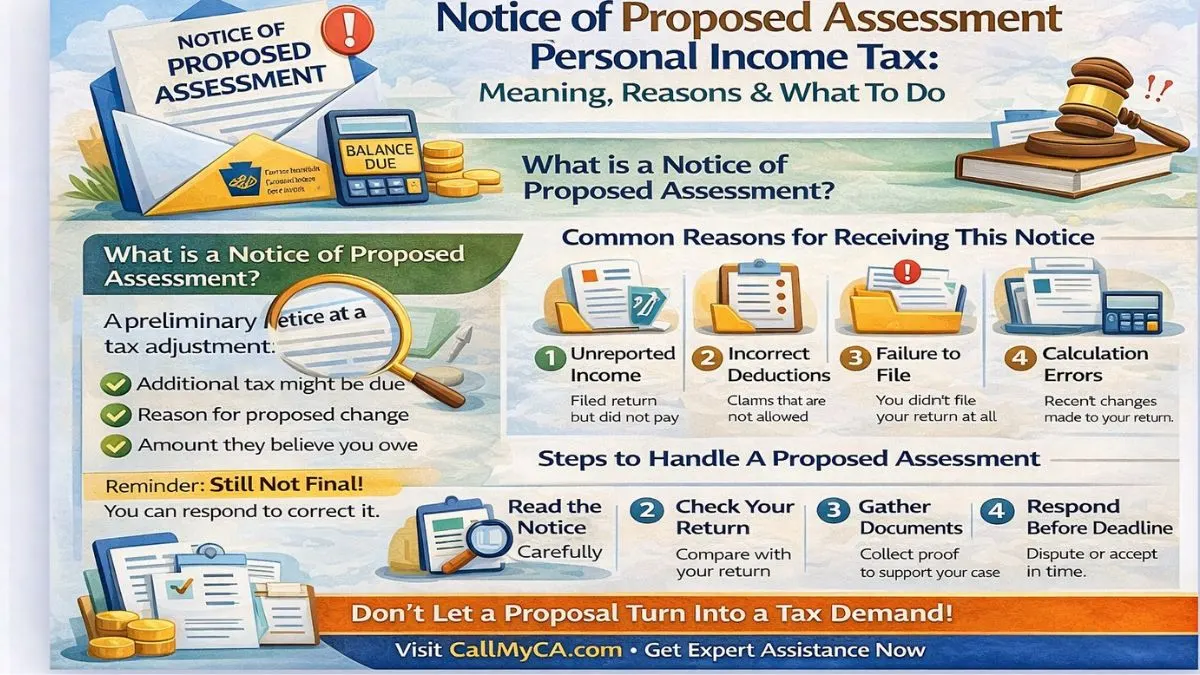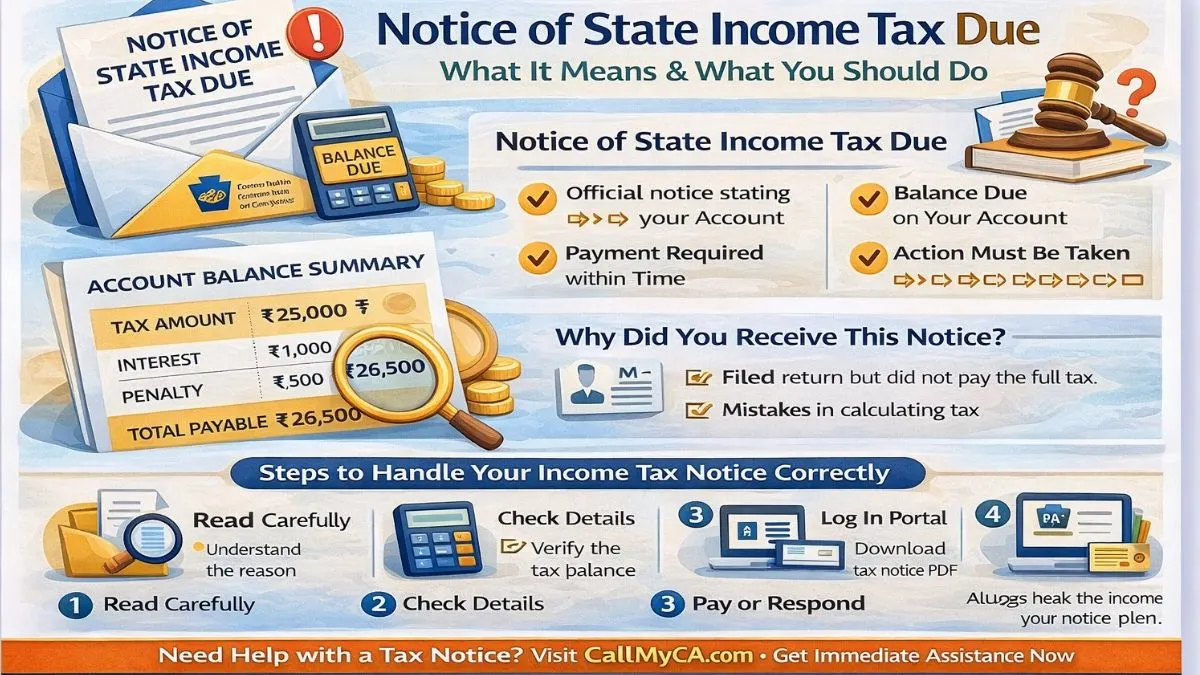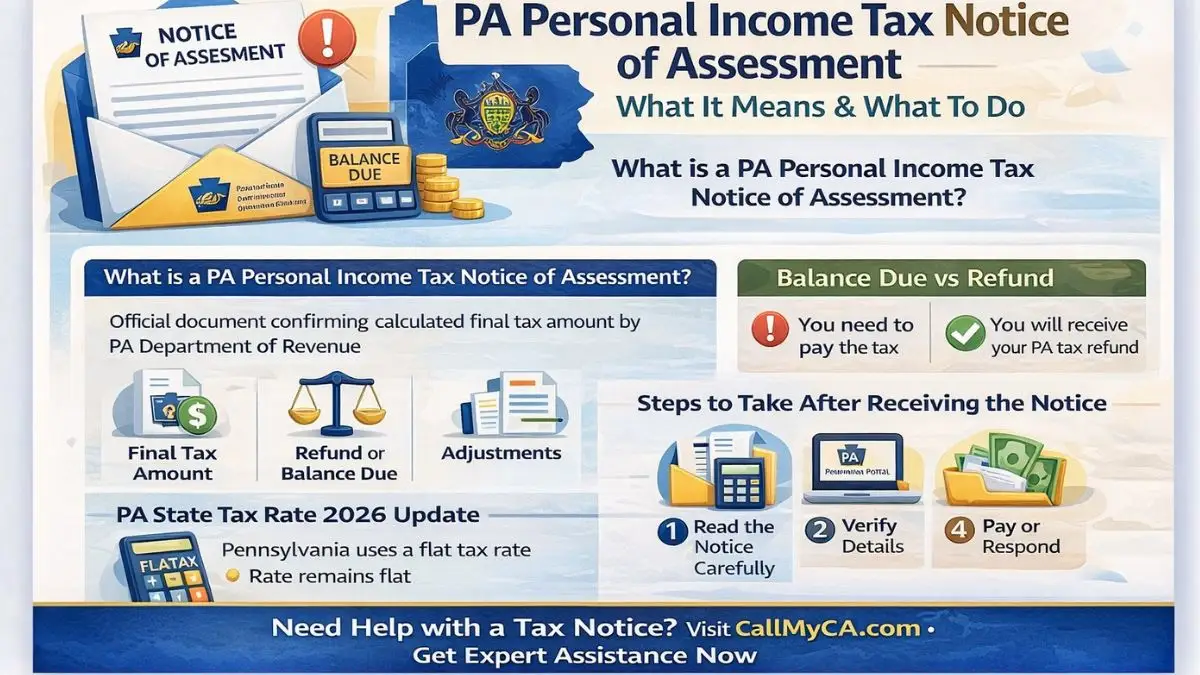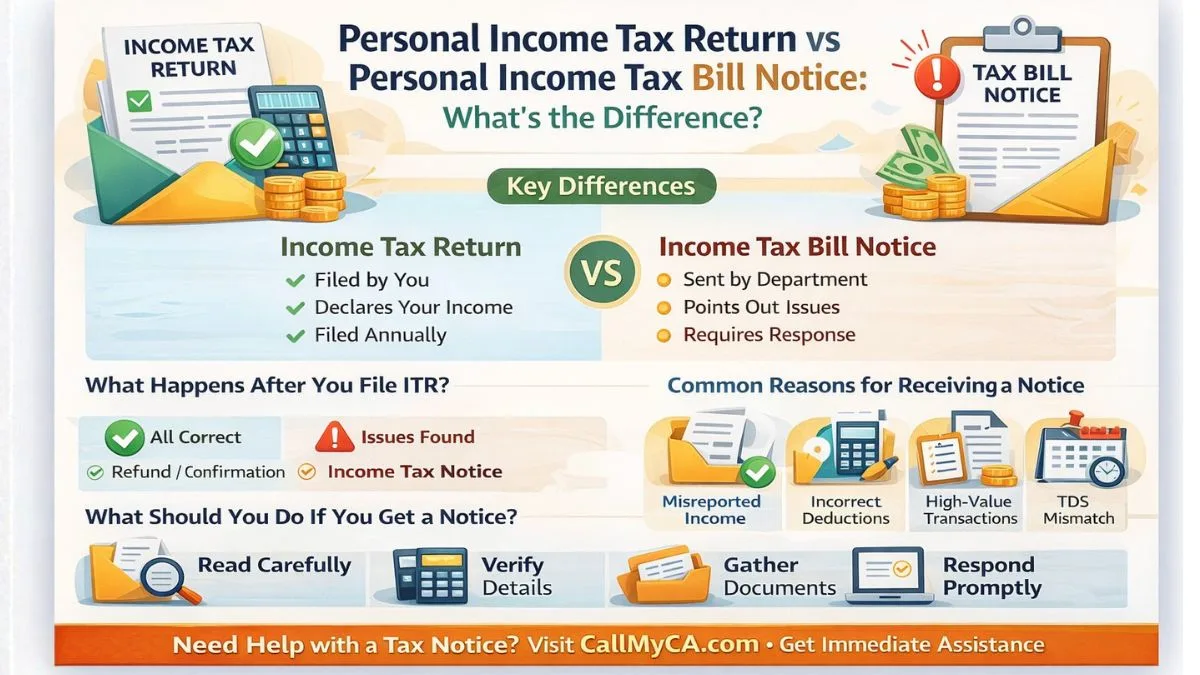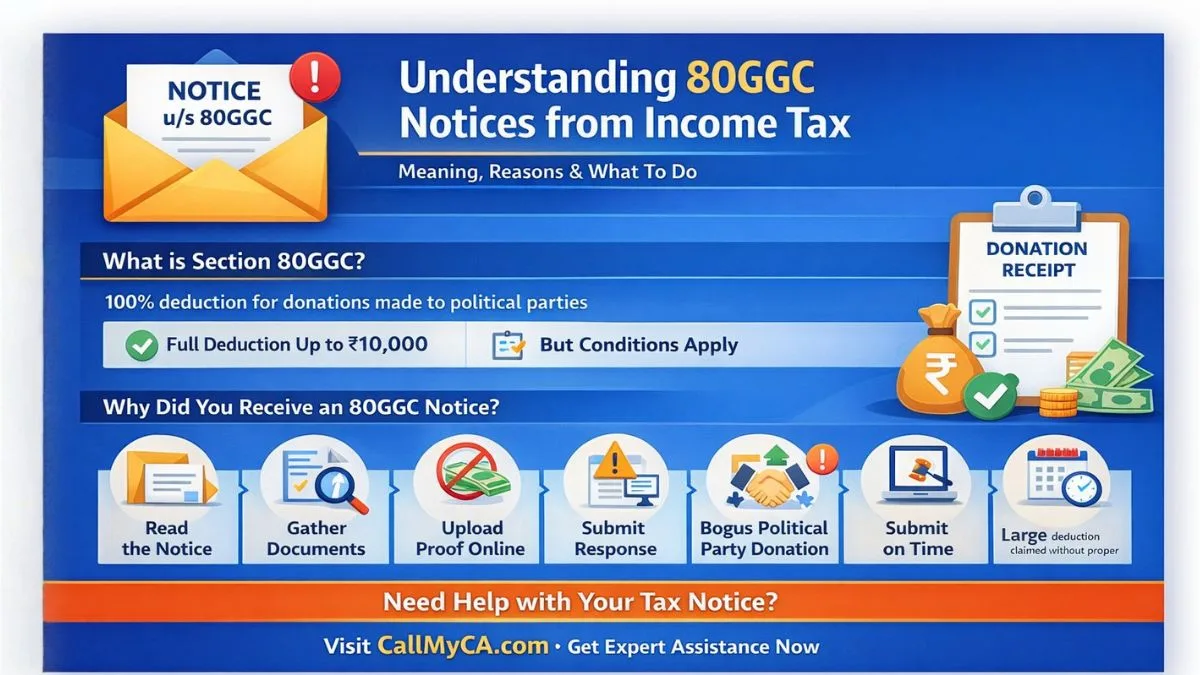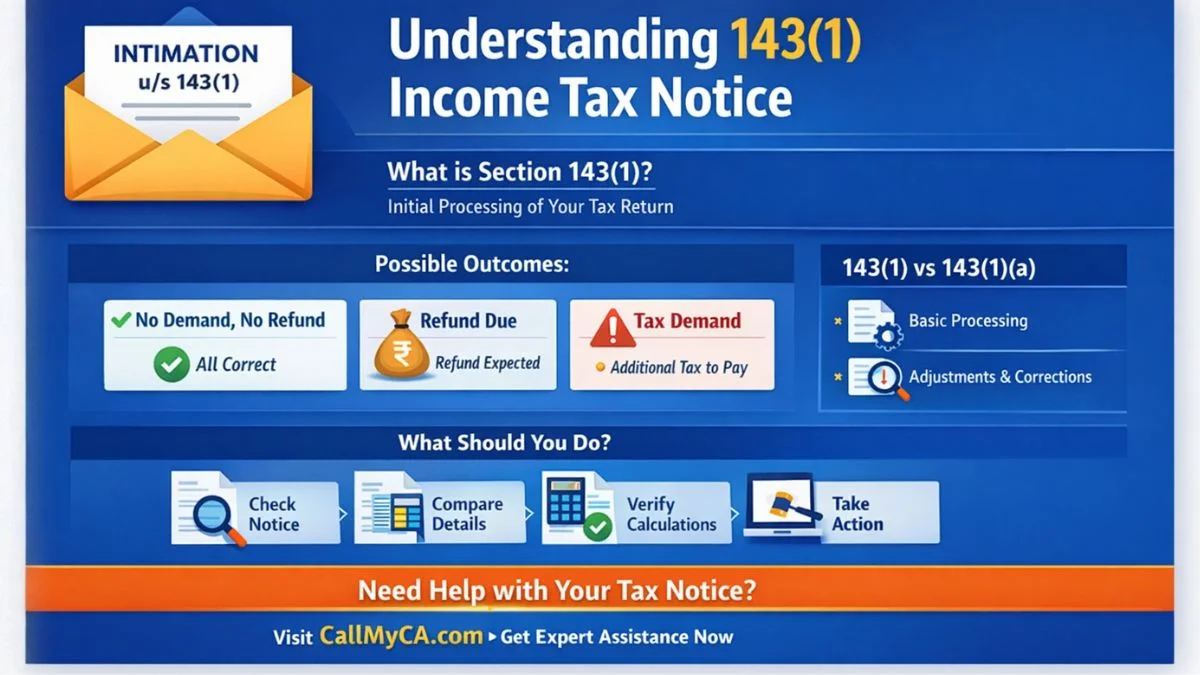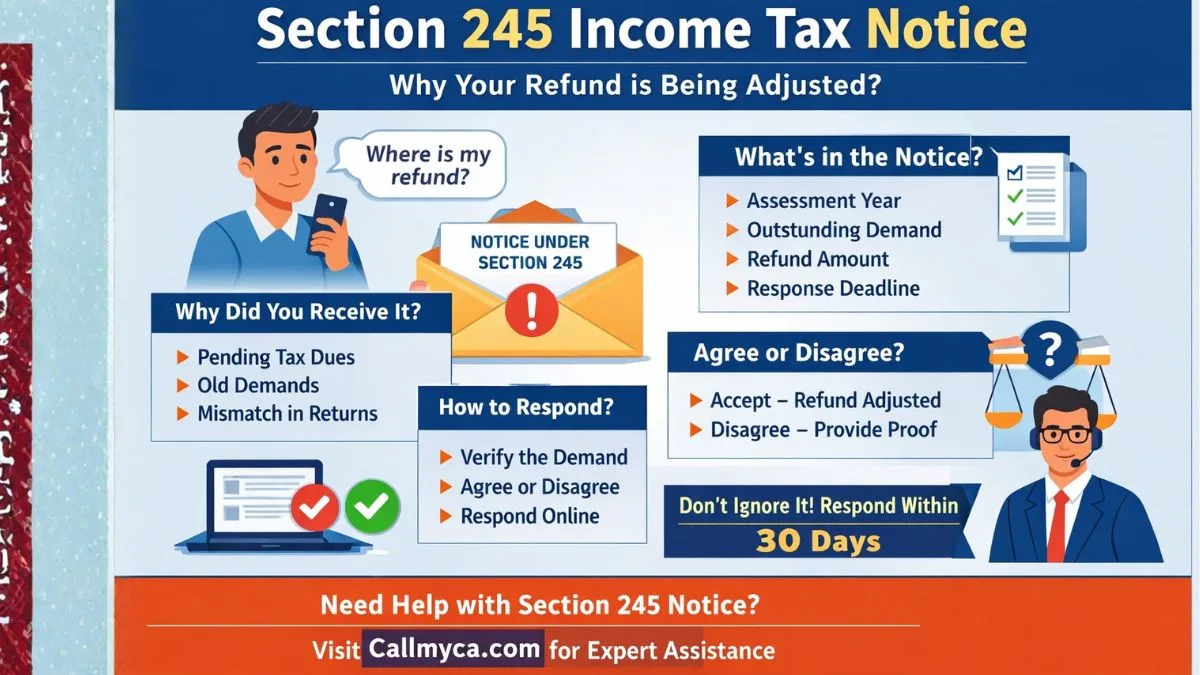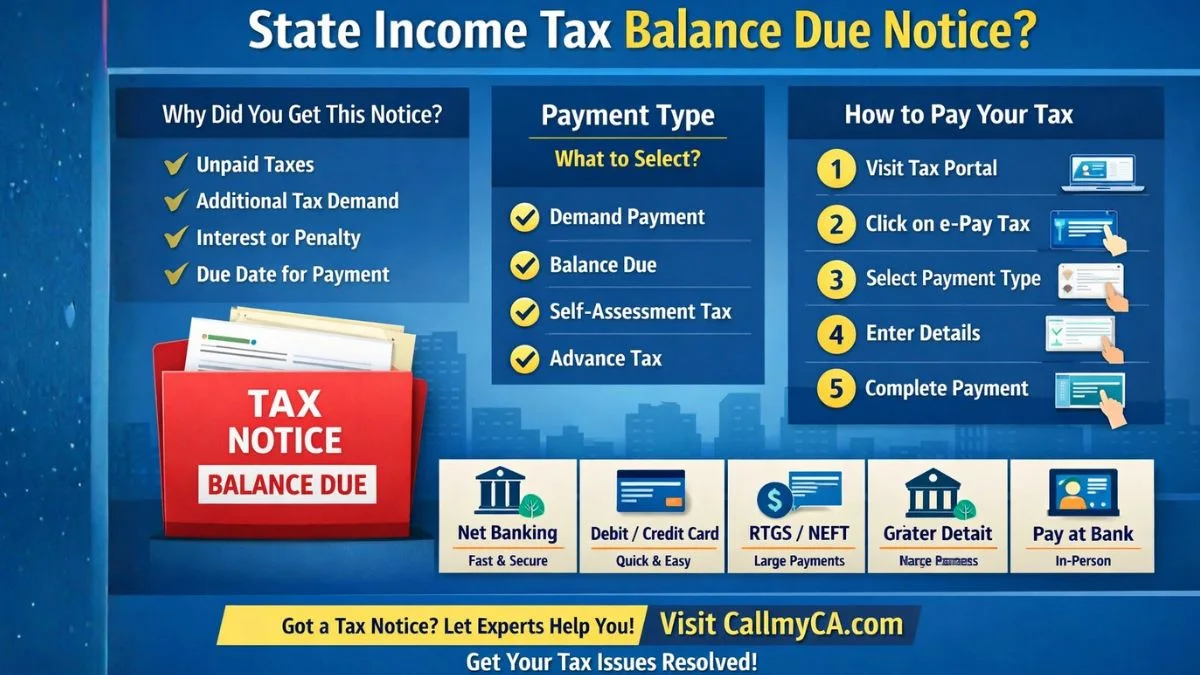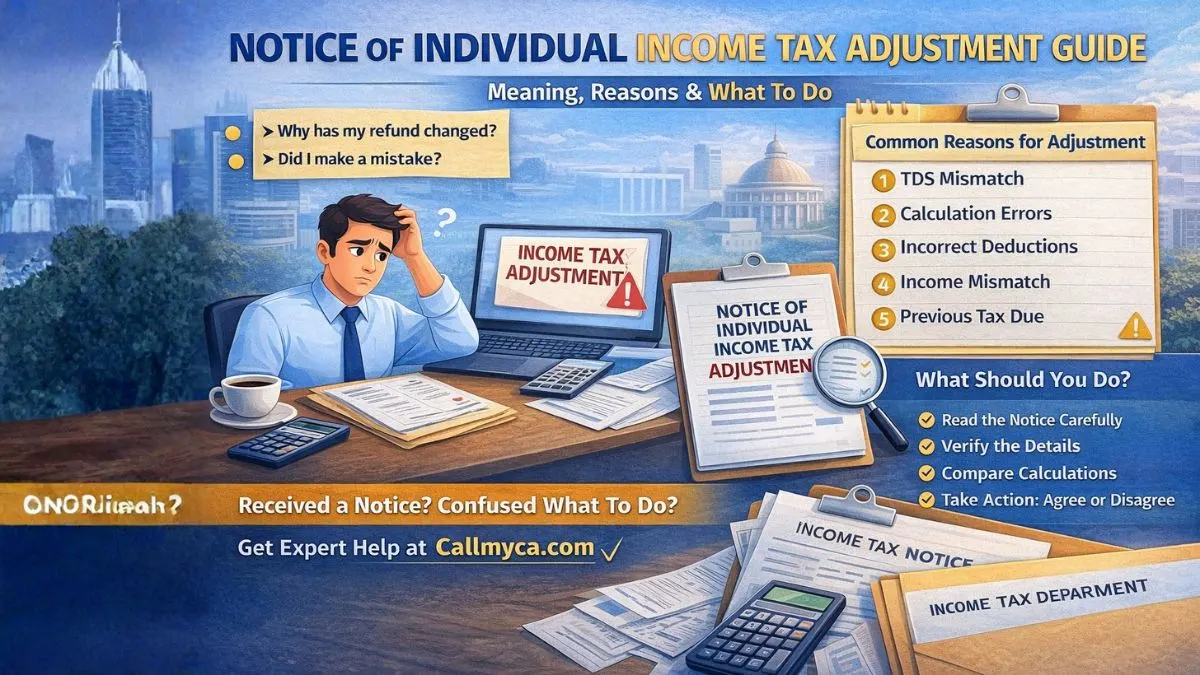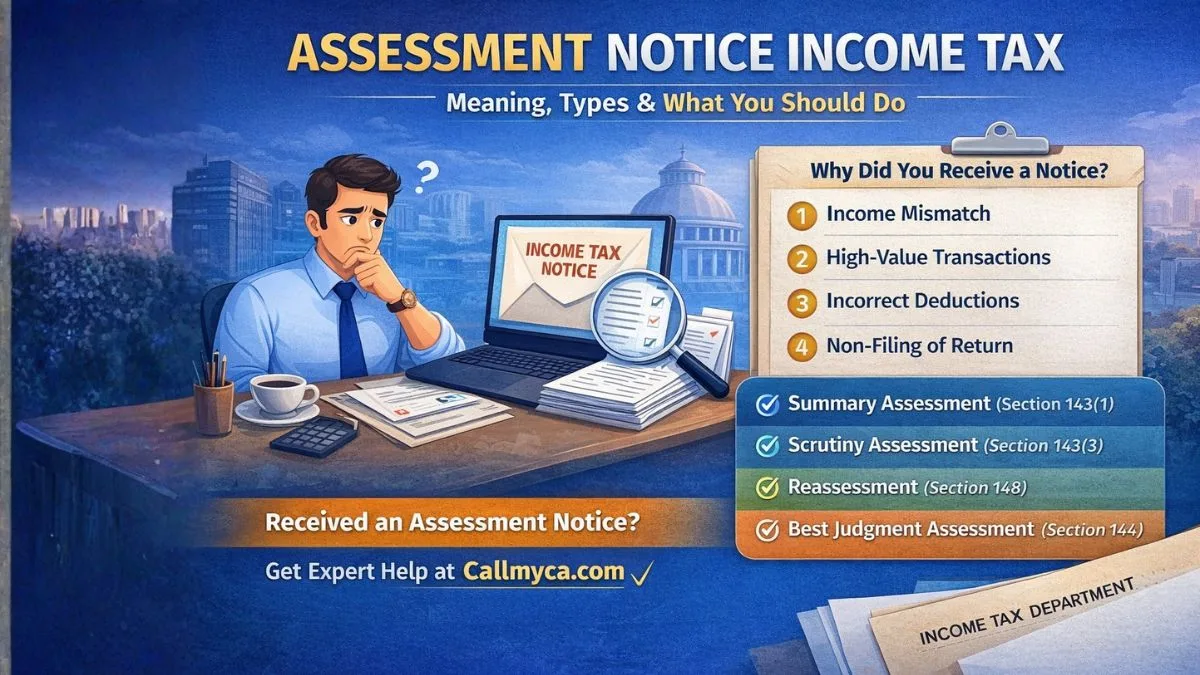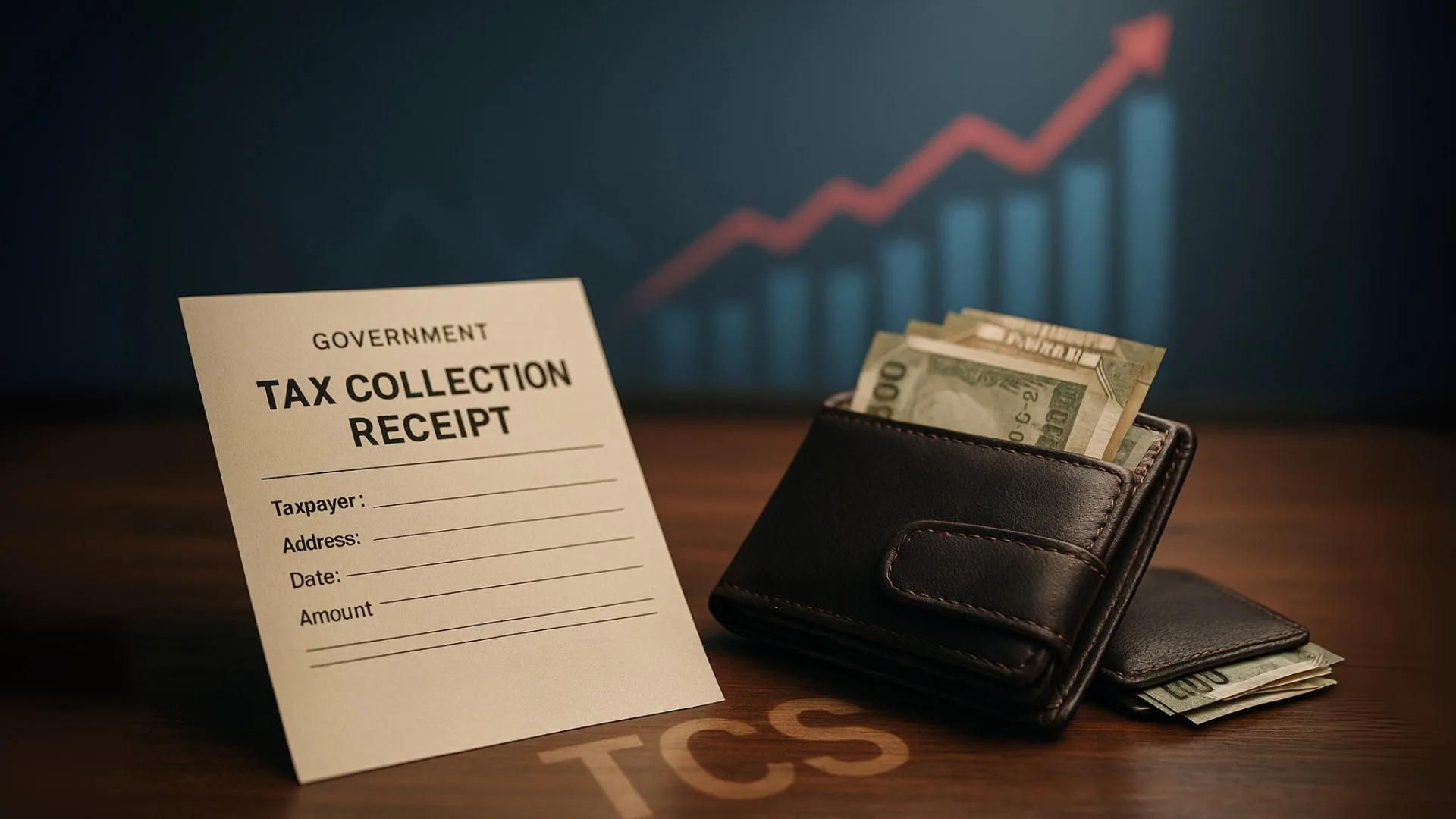
Many buyers pay Tax Collected at Source without even noticing it on their bills. Whether it’s buying scrap, minerals, luxury cars, or even making foreign remittances, TCS stands for Tax Collected at Source — and it silently adds to the final amount you pay.
Let’s understand what TCS is, how it works, rates, exemptions, and how it affects both buyers and sellers.
What is TCS?
TCS is a tax payable by the seller but collected from the buyer at the time of sale of goods. In simple terms, income tax is collected from the buyer by the seller on the sale of certain goods. The seller then deposits this tax with the government.
It acts as an advance tax and is adjusted against the buyer’s final income tax liability.
Key Points About TCS
- TCS stands for Tax Collected at Source.
- Applicable only on certain goods and transactions.
- The tax is payable by the seller but collected from the buyer.
- Rates vary depending on the type of goods or services.
- Collected amount must be deposited to the government within the due date."
Goods & Transactions Covered Under TCS
TCS is not applicable to all sales — only to specific categories under the Income Tax Act:
- Alcoholic liquor for human consumption
- Tendu leaves
- Timber obtained under a forest lease
- Scrap
- Minerals like coal, lignite, iron ore
- Sale of motor vehicles above ₹10 lakh
- Sale of overseas tour packages
- Foreign remittances exceeding specified limits
Also Read: Penalty for Failure to Get Accounts Audited
Example to Understand TCS
📌 Suppose you purchase a luxury car worth ₹15 lakh.
- The seller will collect TCS at 1% (₹15,000) from you.
- You pay ₹15,15,000 in total.
- The seller deposits ₹15,000 with the government on your behalf.
- At the end of the financial year, this amount is reflected in your Form 26AS and adjusted against your tax liability."
TCS Rates (Popular Categories)
|
Goods/Transaction |
TCS Rate |
|
Alcoholic liquor |
1% |
|
Tendu leaves |
5% |
|
Scrap |
1% |
|
Minerals |
1% |
|
Motor vehicles above ₹10 lakh |
1% |
|
Foreign remittance (LRS above ₹7 lakh) |
5% |
|
Overseas tour package |
5% |
TCS Payment & Compliance
After collecting TCS, the seller must:
- Deposit the tax with the government within the due date (generally by the 7th of the next month).
- File quarterly TCS returns in Form 27EQ.
- Issue a TCS certificate (Form 27D) to the buyer.
Failure to comply can lead to penalties & interest.
When TCS is Not Applicable
TCS is not collected if:
- The buyer is a public sector company, central/state government, embassy, or high commission.
- Goods are purchased for personal consumption (in some cases).
- Goods are used for manufacturing, processing, or producing another article.
Also Read: TCS on Specified Goods and Profits Explained
Impact of TCS on Buyers
- Higher initial cost – Buyers must pay the sale price TCS.
- Adjustable against tax liability – TCS is not an extra tax but an advance payment.
- Refundable if excess – If your total tax liability is less than TCS paid, you can claim a refund while filing ITR.
Case Study: How TCS Affects Real Transactions
Sneha booked an overseas tour package worth ₹5 lakh. The travel company charged TCS at 5%, adding ₹25,000 to the bill. While Sneha initially felt it was an extra burden, she later realized the amount was adjusted against her income tax payable during ITR filing — reducing her final tax outgo.
Penalties for Non-Compliance by Sellers
- Late deposit penalty: Interest at 1% per month.
- Failure to collect TCS: Penalty equal to the amount of TCS not collected.
- Late filing of TCS returns: ₹200 per day under Section 234E.
How to Check TCS Paid
- Log into the Income Tax e-filing portal.
- View Form 26AS or AIS.
- Match entries with TCS certificates (Form 27D) received from sellers.
Pro Tips for Buyers & Sellers
✅ For Buyers:
- Keep all TCS certificates safe.
- Use Form 26AS to verify credit.
- Claim refunds if eligible.
✅ For Sellers:
- Collect TCS at the right rate.
- Deposit and file returns on time.
- Avoid penalties by complying with rules.
Also Read: TCS on Overseas Remittances and Tour Packages
Why TCS Matters
TCS ensures tax compliance in sectors prone to cash transactions or high-value trade. It helps the government track big purchases & overseas spending. For buyers, it’s crucial to treat TCS as an advance tax and not as an extra burden.
Whether you’re a buyer or a seller, understanding TCS provisions can save you from penalties & ensure smooth compliance. At Callmyca.com, we help businesses and individuals manage TCS returns, certificates, and refunds — so your taxes are always in safe hands. Click now to get expert help!

